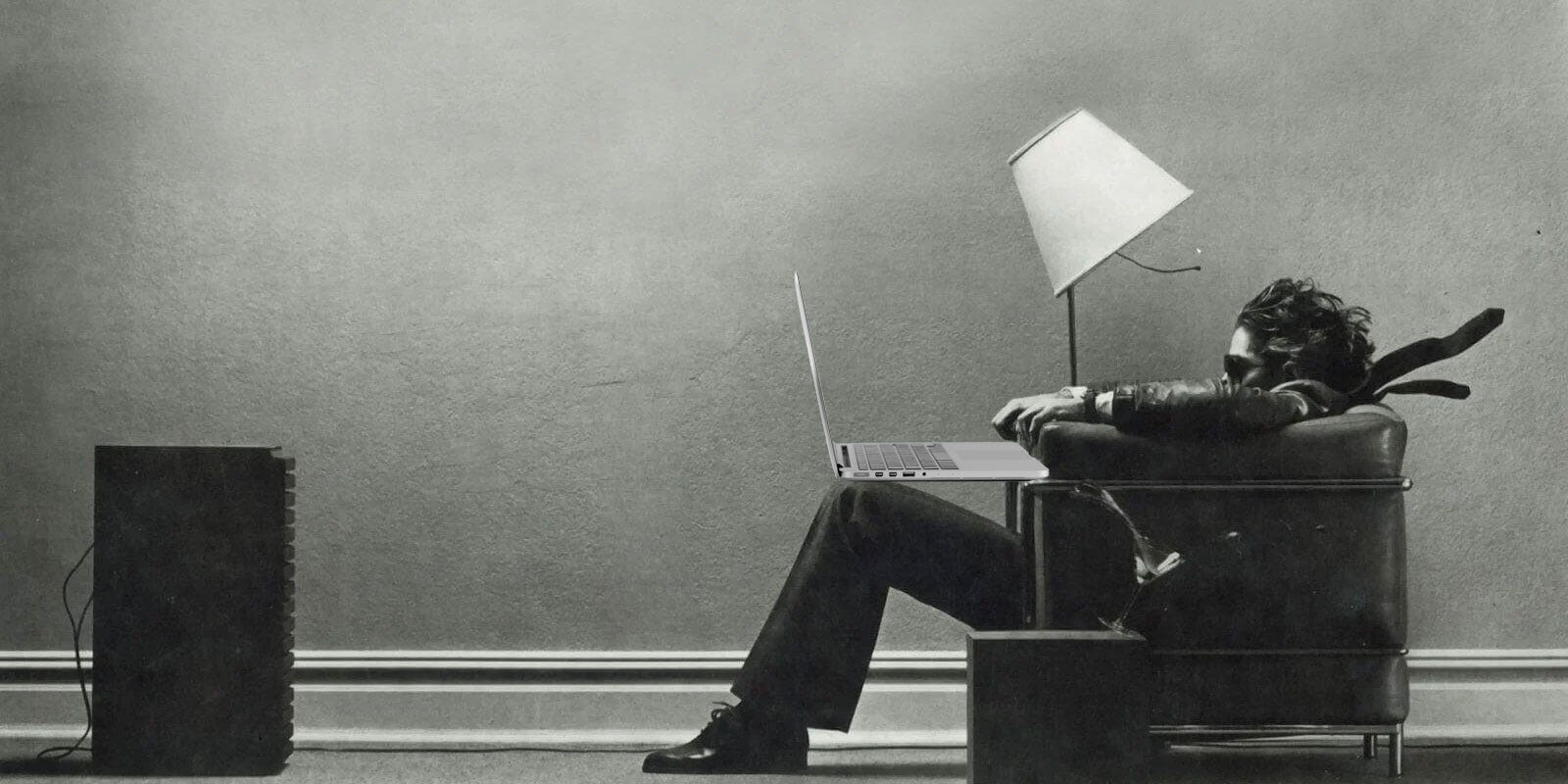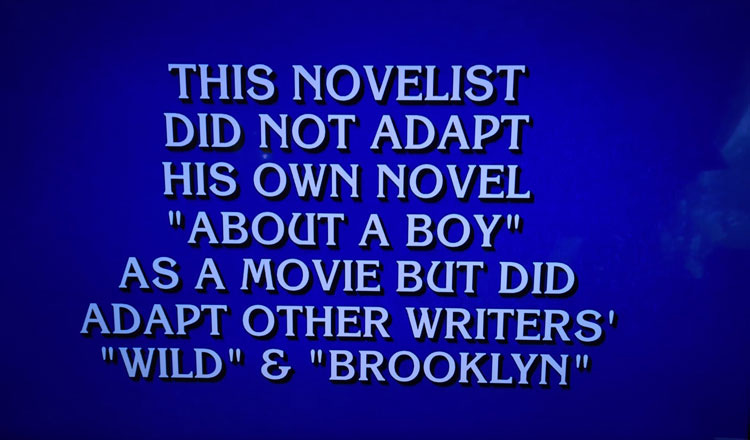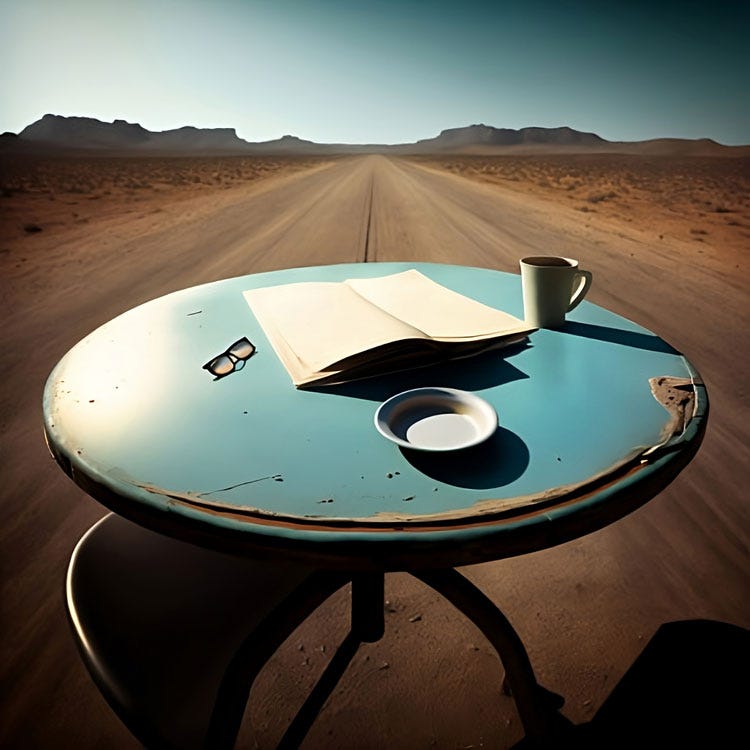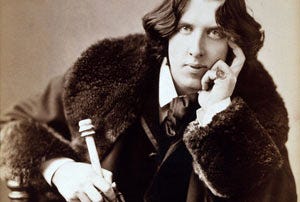Nick Hornby has found the secret to unlocking creativity. Trouble is, it doesn’t work for everyone…
Hornby may well be the most famous writer you’ve never heard of*, and he’s one of my favourite writers. His first book, the non-fiction “Fever Pitch”, was turned into two different (fictional) movies with Colin Firth and Drew Barrymore respectively. The most famous movies from his books are probably “About a Boy” with Hugh Grant and “High Fidelity” with John Cusack (but if you can find “Juliet, Naked” with Ethan Hawke, which pops up on streaming services from time to time, treat yourself). Hornby also wrote the screenplays to “Wild” (Reese Witherspoon) and “Brooklyn”.
For Hornby, music is the secret to unlocking creativity.
“Music is energy. I hear something in the creativity of a song and I want to convert it into words,” he said. However, you won’t hear the same playlist over and over again. “My addiction to music survives on novelty. I need new songs to keep the wheels turning.”
“It goes in and comes out as something else. It’s fuel.”
Although his first novel was about a record store (back when it was only just becoming retro), he doesn’t have any sort of need to revisit those shiny-vinyl days. He unabashedly loves his Spotify.
“No, (I don’t search out records) because I love music. I like not looking for it. I only used to look for it because I wanted to hear it. For me, the Internet has been fantastic. I love Spotify. I think it's amazing…”
*Coincidentally, Nick Hornby was an answer on Jeopardy! the week I wrote this post – on the bottom row, to prove my point
.
Yes, I’m a Believer
I listen to music when I’m writing, too. But only when writing fiction and only in the creative drafts (i.e., not the heavy editing stages). I can’t write day-job pieces with music. Generally, it has to have lyrics. I need to like the song, but not so much that I have to stop writing to listen to it. I can’t have it loud, but it can’t whisper either.
I know these things because I’ve tried many different combinations. Experiments outside of this narrow range have proven to be unfruitful. (I’m listening to music as I write this, and it’s not going well…)
Weird, right? Go on – call me fussy.
Except, as it turns out, having a very specific list of can and cannots is actually quite common (as much to my surprise as anyone else’s, I’m sure). Writers have a wide range of quirks and peccadilloes when it comes to writing with music. Here are some random Reddit comments on the subject:
“I always listen to music while writing. I can't listen to music with lyrics—at least not lyrics in English—because the words distract me from the words I'm writing.”
“Never ever. Can’t concentrate with it on.”
“I often write to music from games or shows. Music that often seems ambient helps set the scene or mood. So yeah music helps me a lot.”
“Anything that does not have vocals in it. Lately it's been some weird ambient tape recordings.”
“I listen to metal.”
“Same. Glad to know I’m not alone. I typically get weird looks/comments when I say that.”
“I do, but I find it hard to write if the music is incongruous with the scene.”
“I can't write if there is any sound at all. I need absolute silence.”
“I find it somewhat difficult to write without music, and nearly impossible to edit with music.”
This last one is my favourite with its contradictions and different facets:
“Listening to the music is distracting and likely detrimental to any sort of work that requires serious concentration.
“But I've seen studies that imply that distraction stimulates ‘creativity’ (in the sense of recombining knowledge and discovering patterns). Together with tiredness, sleepiness, intoxication and other sorts of unease, distraction is supposed to stimulate problem-solving, because the brain is supposedly trying to get out of the unfavourable situation. Various anecdotes also support the idea that brain becomes less precise, but more creative under stress, like the famous eccentric Japanese inventor supposedly submerging himself underwater to the point of losing consciousness in order to come up with inventions.”
Just so… lol
In case you think I’m cherry-picking responses, click here and scroll down to the Reddit entries. There seems to be as many responses as there are writers!
For many like Nick Hornby, music can help with inspiration and creativity, help you focus and block out the outside world, and even help you channel emotions and themes.
For many others though, it doesn’t work at all. But with the tremendous upside some experience, it’s definitely worth some experimentation.
Some Ideas on How to Incorporate Music into Your Writing Sessions
As I say, I use music selectively – and it was a lot of trial and error to find out what worked well when. I think it’s worth it though. Today, I play with many different types of music during my novel writing depending on factors like my mood, the mood of the book, and what I can access without thinking too hard.
Try different things – The most obvious conclusion of all these different viewpoints above is that we should try different things in different situations. I’d suggest starting with music you like listening to. If that happens to be songs with lyrics and you find the lyrics distracting, choose some instrumental music. If you write different kinds of pieces (fiction, non-fiction, poetry, etc.), remember that if listening to music doesn’t work for one type of writing, it may work for another.
Try different things often – Not everything takes the first try. If the lyrics are distracting this time, maybe it’s because the whole thing is so new. Try again to see if it blends into the background the next time, or the time after that.
Music is particularly useful when you’re writing in a coffeeshop or other public place - We touched on this in the post about building your own Everywhere Office. Remember: big headphones (rather than earbuds) are a great way to put a quasi-”Do Not Disturb” sign out to others.
Try suiting the mood – One thing that many writers embrace is matching the mood of the music to the mood of the scene. Fast and upbeat for chase scenes. Soft and romantic for love and tender scenes. Sad for sad scenes… you get the picture.
Use music to tap into your emotions – This is an extension of the above point, but worth underlining separately. Many writers use music to help them tap into their emotions when writing (me included). This is especially useful if you’re not used to tapping into your emotions in real life (me included). For more on this, here’s a post by C.S. Lakin: https://www.livewritethrive.com/2022/02/14/how-writers-can-mine-emotions-with-music/
Spotify* is your friend – I love Spotify. I can make tons of different playlists. For my first novel, Social Grooming for Higher Primates, I took the best from 20-odd playlists and created a soundtrack of sorts for the book.
But I can also search for other people’s playlists, search by genre (alternative/new wave, etc.), search by era (80s, etc.), search by mood (sad, etc.), or by a combination (British 90s electronica, etc.) It is so versatile and, best of all, I don’t have to think if I don’t want to. *Note that it doesn’t have to be Spotify. Apple Music and other streaming services work too. YouTube even has playlists (though it works best if you manage to turn off the ads – nothing like spoken voice to interrupt your internal narrative!)
Key Takeaway: Many writers find that music helps them tap into emotions, focus better on their writing, and ultimately be more creative. But it doesn’t work for all writers, and not in all situations. Experiment with writing to find what – if anything – works for you.
Over to You: Do You Listen to Music?
Do you listen to music? What works for you – and what doesn’t? Let us know in the comments below! If you have any tips that have worked for you in the past, let us know those, too.
I leave you with an interview with Nick Hornby below about writing with empathy.
Until next time, keep writing with wild abandon!
~Graham
email me if you get lost.










My writing "office" is upstairs in my open concept house with no door - so any noise can be distracting. I found a playlist of piano melodies and played it over and over again while I wrote one of my books. After a few listens I began to predict what song followed the other and in a way it became comforting and calming. It helped me stay focused - even when I wrote the intense scenes. So yes, music calms me and helps me stay on track.
Music helps me build scenes, with moods, moving parts, and voices. Sometimes those scenes get written down. I've written several YA novels and they all have a soundtrack. A playlist of songs that work together to tell the story (loosely). During the writing process, I will listen to this playlist a lot when I'm doing other things (cooking, walking, cleaning, etc,) to keep me excited about the story and the people in it, but I never listen to the list when I'm actually writing. I find the music pulls me away from the writing too easily, like I just want to listen and visualize rather than put what I'm seeing down on paper. I do that later, in the quiet.
I have discovered this fun thing called Beta Waves, which are said to help with focus, etc. I find it helps me to have it on, because it drowns out the distracting sounds in my workspace (heater/washing machine/refrigerator kicking on/the constant hum of devices all over the house/snoring dog.) Give it a whirl if you're curious - https://open.spotify.com/show/203RXXkT9fK2mcX4t8Qp5d?si=241164d476ee4484
I usually forget I have it on until I switch if off and notice the difference it was making to my soundscape.